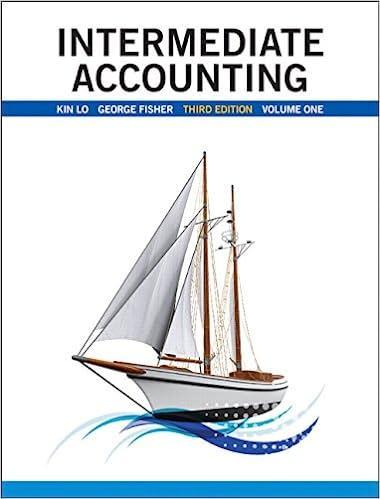The September 17, 2011, issue of The Economist contained a short article called The R-word Index: Up
Question:
The September 17, 2011, issue of The Economist contained a short article called “The R-word Index: Up Means Down.”
At the time, the developed world was facing a combination of anemic growth, high unemployment, and under performing stock markets. Contrary to official gross domestic product (GDP) statistics indicating moderate growth, the article argues that there will be further headwinds based on readings from The Economist’s own “R-word index.”
This R-word index counts mentions of the word “recession” in news articles over quarterly periods. The Economist argues that its index is more timely because it make the index available just after the end of each quarter whereas official government statistics on economic growth take a month to compile. The magazine also boasts that the index has been able to predict previous recessions in 1990 and 2007 in the United States.
The article goes on to describe the recent trends in the index, which counts the use of the “R-word” in the Financial Times and The Wall Street Journal newspapers. From a peak of 4,300 in early 2009, the R-word index has dropped almost continuously to about 1,000 by the first quarter of 2011. However, the index has turned up again in the second half of 2011, reaching about 1,400 by September. The article concludes that, based on the R-word index, the recovery from the recession may be in jeopardy.
Required:
Evaluate the merits of the R-word index by applying concepts from the IFRS Conceptual Framework as well as from financial accounting theory from Chapter 1. Basic concepts from macroeconomics may also be useful in your response.
Step by Step Answer:






